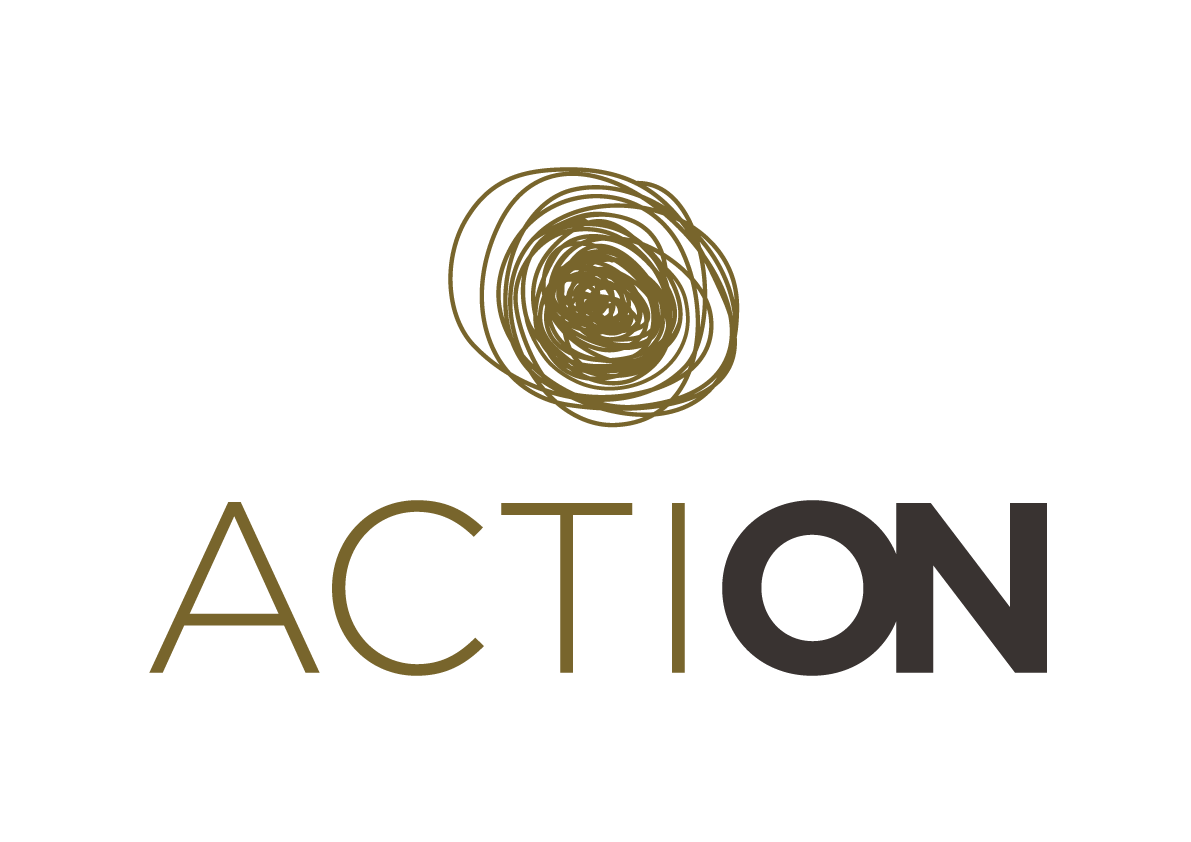KCL recently published our deliverable outlining final guidelines and recommendations for the design of citizen science tasks, which will feed into the ACTION toolkit and resources for ACTION pilots and the wider community. The deliverable builds on our existing work to date, updating and expanding on earlier guidelines produced within the project.
As part of this process, we:
- Conducted interviews with 11 researchers and project designers from citizen science and crowdsourcing initiatives
- Carried out an analysis of the characteristics of short-term citizen science projects within the Zooniverse, analysing engagement in two projects which ran for 48 hours in conjunction with BBC Stargazing Live
- Explored methods to pre-process data, exploring methods to group tasks according to difficulty and analysing the outcome on volunteer engagement
- Described and analysed the Virtual City Explorer, a web-based interface designed by KCL to allow for data gathering and exploration of urban environments remotely.
Our findings cover the entire research process, from identifying a problem and formulating a methodological approach, to managing volunteers and analysing data. From these, the team then derived 10 high-level recommendations for effectively designing and managing citizen science projects. These findings compliment the support ACTION has offered – and continues to offer — to our accelerator pilots, which we will collect and publish at a later date.

The VCE interface allows participants to explore urban environments physically
The Deliverable can be accessed at: https://doi.org/10.5281/zenodo.4544279. For more information on our analysis of short-term citizen science projects, see: https://doi.org/10.1145/3359279. Finally, for more information on the VCE, see: https://doi.org/10.1145/3403931.
